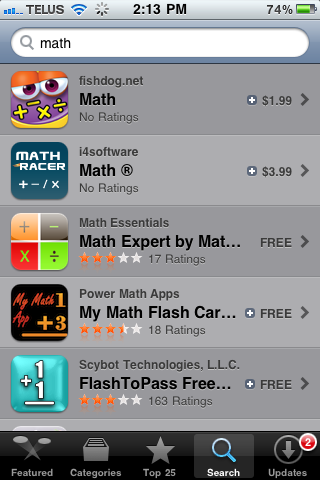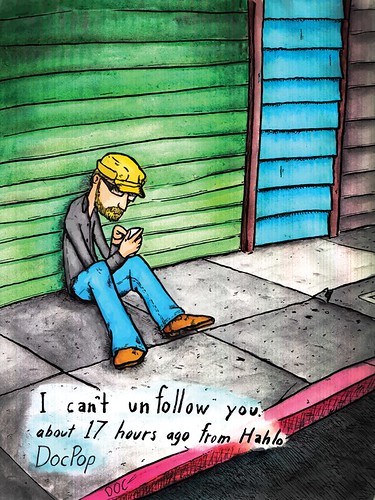Matt Richtel, of the New York Times, has recently written a piece on the use of technology in schools which should be read carefully. He writes:
Since 2005, scores in reading and math have stagnated in Kyrene [emphasis mine], even as statewide scores have risen.
To be sure, test scores can go up or down for many reasons. But to many education experts, something is not adding up — here and across the country. In a nutshell: schools are spending billions on technology, even as they cut budgets and lay off teachers, with little proof that this approach is improving basic learning.
This conundrum calls into question one of the most significant contemporary educational movements. Advocates for giving schools a major technological upgrade — which include powerful educators, Silicon Valley titans and White House appointees — say digital devices let students learn at their own pace, teach skills needed in a modern economy and hold the attention of a generation weaned on gadgets.
He has assumed that the purpose of education is to improve test scores, or at the very least that these are a good measure of learning. He has also generalized about the use of technology in classrooms across the US from two examples; a single school district, and the state of Maine. He is right that many schools are spending money unwisely on unproven technologies, and have not put into place practices to either support these technologies, or examine their effectiveness.
Aviva Dunsiger has written a response to this article based on the results of a direct reading assessment (DRA) she’s done during the course of the year. She doesn’t attribute the phenomenal gains on the DRAs to the use of technology in her classroom, she attributes it to the change in her teaching practices that resulted from the technology being available in her classroom.
This is my reason for promoting the use of technologies in schools. The introduction of computers in the classroom has the ability to be a disruptive force, and transform the pedagogy that is used in the classroom. This doesn’t mean that it will transform pedagogy, it just has the possibility to do so. In 50 years of attempts to change the classroom, nothing has come as close as this current driving force from technology.
In 1993, Seymour Papert wrote,
"Video games teach children what computers are beginning to teach adults–that some forms of learning are fast-paced, immensely compelling, and rewarding. The fact that they are enormously demanding of one’s time and require new ways of thinking remains a small price to pay (and is perhaps even an advantage) to be vaulted into the future. Not surprisingly, by comparison School strikes many young people as slow, boring, and frankly out of touch."
While it is possible to teach in ways which are compelling and rewarding, many schools do not do so. Technology in the classroom can be a lever through which we effect real change in our schools in a positive and fundamental way.



